This article was co-authored by Zora Degrandpre, ND. Dr. Zora Degrandpre is a Natural Health Doctor and Licensed Naturopathic Physician in Vancouver, Washington. She is a grant reviewer for the National Institutes of Health and the National Center for Complementary and Alternative Medicine. She received her ND from the National College of Natural Medicine in 2007.
There are 12 references cited in this article, which can be found at the bottom of the page.
This article has been viewed 64,361 times.
St. John’s Wort is a powerful herb with a weird name. It’s a flowering plant that’s common in a lot of herbal supplements, so you might be curious about how you can use St. John’s Wort for your own health. It could help relieve depression, menopause, and minor skin injuries, so it might be helpful for you. However, it also has a lot of drug interactions, so always ask your doctor before trying it for yourself. Keep in mind that it probably isn’t as effective as professional medical care either, so don’t treat it as a replacement for seeing your doctor. As long as you use it correctly, St. John's Wort could be a good natural remedy for you.
Steps
Conditions that St. John’s Wort Could Treat
You’ve probably heard about all kinds of things that St. John’s Wort can treat. Research doesn’t support many of these claims, but St. John’s Wort does show some success in treating depression and menopause, along with minor skin injuries if you use it in oil form. As long as your doctor approves, you can try it for these problems. Just remember that using this supplement isn’t a replacement for medical care, so definitely contact your doctor if you need more help.
-
1Take the supplement if you suffer from mild-moderate depression. St. John’s Wort is commonly used as a treatment for mild-to-moderate depression, and it may be effective.[1] You can use an oral supplement to see if this helps your depression.[2]
- While you might want to try this remedy for other conditions, St. John’s Wort is not effective against major depression or other mental illnesses. You’ll need professional treatment for these.
-
2Pair this herb with black cohosh to fight hot flashes during menopause. St. John’s Wort may also help fight menopause symptoms, especially hot flashes. However, it’s most effective if you pair it with block cohosh, another herbal supplement.[3]
- Unfortunately, St. John’s Wort doesn’t seem to be effective against menopause on its own without black cohosh. You'll need a supplement with both ingredients.
Advertisement -
3Apply St. John’s Wort extract topically to help with wound-healing. St. John’s Wort in oil form could also help heal small cuts, minor burns, and sore muscles.[4] It could also help heal psoriasis outbreaks.[5]
- Never take St. John’s Wort oil or extract by mouth. This is only meant for use on your skin.
-
4Don’t use St. John’s Wort for conditions that it isn’t proven to treat. You may have heard that St. John’s Wort also works on other physical and mental conditions, but there’s no evidence of this. Using St. John’s Wort for the wrong conditions could be dangerous, so don’t try it on conditions that it isn’t proven to treat.[6]
- Some conditions that St. John’s Wort isn’t verified to treat are OCD, ADHD, anxiety, irritable bowel syndrome, PMS, fibromyalgia, and chronic pain disorders. It’s best to skip the supplement if you have these conditions.
The Right Dosage and Type
The right dose and form of St. John’s Wort depends on what you’re trying to treat. You have a choice between tablets, tea, and oil. Each of these is used differently, so be sure to check all the instructions and follow the directions. This gives you the best chance for success.
-
1Take 900 mg of oral St. John’s Wort daily to fight depression. This is the recommended dose for mild-to-moderate depression. It’s common to take 300 mg 3 times a day or 450 mg twice a day to break the dose up.[7] Follow the recommended instructions from on the label, or ask your doctor for guidance.
- St. John’s Wort has to build up in your system, so it’ll probably take 2-4 weeks to notice any results from this.
- Only take St. John’s Wort for 6 weeks at a time, because its long-term affects aren't studied well. You could take it for 26 weeks at a reduced dose of 300-600 mg per day.[8] Don’t take it for longer unless your doctor says it’s okay.
-
2Sip St. John’s Wort tea for mild depression symptoms. This supplement also comes in tea form, which might also help relieve mild depression.[9] Try sipping a few cups a day to see if this helps.
- Since the recommended St. John’s Wort dose for depression is 900 mg per day, sipping tea might not make a big difference. However, tea is still relaxing and might help you feel better.
-
3Use St. John’s Wort with black cohosh to relieve menopause. Supplements containing both of these ingredients may help with menopause symptoms, especially hot flashes.[10] You can find supplements with this combination online or in vitamin stores. Different products might use different dosages, so check the directions and take the recommended dose.
- The supplement in this study was a 264 mg tablet containing St. John’s Wort, black cohosh, and some other herbs.
-
4Apply St. John’s Wort oil directly to wounds or psoriasis outbreaks. St. John’s Wort also comes in oil form, and this could help your body’s healing process. It’s been used to treat minor cuts and burns, along with psoriasis patches.[11] Try applying the oil directly to the affected area to see if this helps you.[12]
- Some products claim that St. John’s Wort oil also helps with muscle pain and stiffness, but research doesn’t prove this.
- St. John’s Wort oil is only intended for use on your skin, so never swallow it.
Using the Supplement Safely
While it can have benefits, St. John’s Wort also might have some negative side effects. It’s very important to take it exactly as directed and take a few extra precautions to keep yourself safe. This way, you can avoid any serious side effects while you’re using it.
-
1Ask your doctor if St. John’s Wort is safe for you. This supplement could interact with many different drugs and might have side effects, so never take it without asking your doctor first. As long as your doctor says it’s okay, then you can try it.[13]
- St. John’s Wort has a long list of drug interactions, which is why asking your doctor is so important. Some contraindications include antidepressants, chemotherapy drugs, contraceptives, statins, heartburn medications, painkillers or pain relievers, and illegal substances.[14]
-
2Expect some minor side effects when you take St. John's Wort. Like all supplements, St. John’s Wort can cause side effects. These are rarely severe, but could make you uncomfortable.[15]
- Side common side effects include insomnia, dizziness, anxiety, diarrhea, fatigue, headaches, irritability, an upset stomach or a burning sensation if you use it topically.
-
3Wear sunscreen when you go outside. This herb could make you more sensitive to sunlight and you might get a sunburn more easily. Always wear 30 SPF sunblock outside while you’re taking it.[16]
-
4Follow the dosing instructions on the product you use. While 900 mg per day is a standard dose, never take more than the packaging or your doctor tell you to. This could cause an overdose or more extreme side effects.[17]
-
5Don't take St. John's Wort if you're on hormonal birth control. St. John's Wort can interfere with hormonal birth control, both implanted and oral types.[18] This has caused unplanned pregnancies in some women. It's best to avoid taking it if you rely on hormonal birth control.[19]
- If you do take St. John's Wort while you're on birth control, use a barrier method like a condom to avoid getting pregnant.
-
6Do not use St. John’s Wort if you’re pregnant or breastfeeding. The exact effect of this herb on babies isn't well researched. Some evidence shows that it doesn't increase the risk for birth defects if women take it while they're pregnant, so you don't have to worry too much if you accidentally take it before you know you're pregnant.[20] Still, doctors officially recommend that you avoid taking it while you're pregnant or breastfeeding until its effects on babies are understood better.[21]
-
7Avoid St. John’s Wort if you already take antidepressants. This herb has serious drug contraindications with most antidepressants. The combination could raise your serotonin to dangerous levels. Never use the herb and antidepressants at the same time.[22]
-
8Use only 1 form of the herb at once. Although St. John’s Wort comes in oil, tablet, and tea form, never use more than 1 type at once. This increases your risk for overdosing. Stick with 1 type at a time.[23]
Medical Takeaways
St. John’s Wort does show some health benefits, so it might work for you as long as you use it correctly. Keep in mind, however, that it probably isn’t as effective as professional medical care, and isn’t intended as a substitute for medication or therapy if you need it. It’s very important to keep in touch with your doctor and follow their guidance for taking St. John’s Wort properly. This way, you can get all the help you need and take care of your health.
Warnings
- If you do suffer from depression, it’s tempting to try and take care of it yourself, but this is a bad idea. Taking supplements isn’t a good substitute for professional help.[24]⧼thumbs_response⧽
References
- ↑ https://www.nccih.nih.gov/health/st-johns-wort-and-depression-in-depth
- ↑ https://www.aafp.org/afp/2005/1201/p2249.html
- ↑ https://pubmed.ncbi.nlm.nih.gov/17590291/
- ↑ https://www.urmc.rochester.edu/encyclopedia/content.aspx?contenttypeid=19&contentid=StJohnsWort
- ↑ https://www.uofmhealth.org/health-library/d04408a1
- ↑ https://www.uofmhealth.org/health-library/d04408a1
- ↑ https://www.aafp.org/afp/2005/1201/p2249.html
- ↑ https://my.clevelandclinic.org/health/articles/9304-st--johns-wort
- ↑ https://pubmed.ncbi.nlm.nih.gov/10647752/
- ↑ https://www.ncbi.nlm.nih.gov/pmc/articles/PMC2628120/
- ↑ https://www.uofmhealth.org/health-library/d04408a1
- ↑ https://www.urmc.rochester.edu/encyclopedia/content.aspx?contenttypeid=19&contentid=StJohnsWort
- ↑ https://my.clevelandclinic.org/health/articles/9304-st--johns-wort
- ↑ https://pubmed.ncbi.nlm.nih.gov/15350151/
- ↑ https://my.clevelandclinic.org/health/articles/9304-st--johns-wort
- ↑ https://www.uofmhealth.org/health-library/d04408a1
- ↑ https://www.aafp.org/afp/2005/1201/p2249.html
- ↑ https://pubmed.ncbi.nlm.nih.gov/15914127/
- ↑ https://www.gov.uk/drug-safety-update/st-john-s-wort-interaction-with-hormonal-contraceptives-including-implants
- ↑ https://www.sciencedirect.com/science/article/abs/pii/S0890623809000318
- ↑ https://www.uofmhealth.org/health-library/d04408a1
- ↑ https://www.nccih.nih.gov/health/st-johns-wort-and-depression-in-depth
- ↑ https://www.uofmhealth.org/health-library/d04408a1
- ↑ https://www.nccih.nih.gov/health/st-johns-wort-and-depression-in-depth
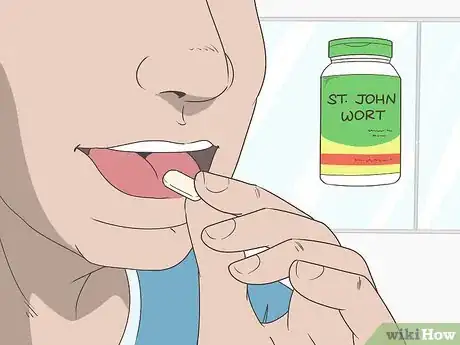
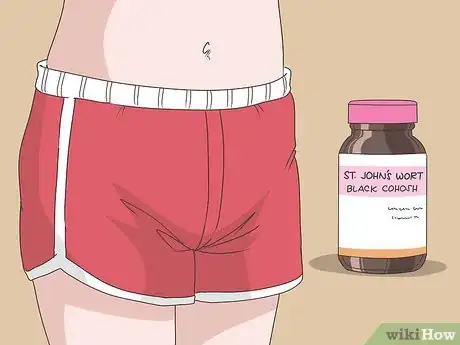
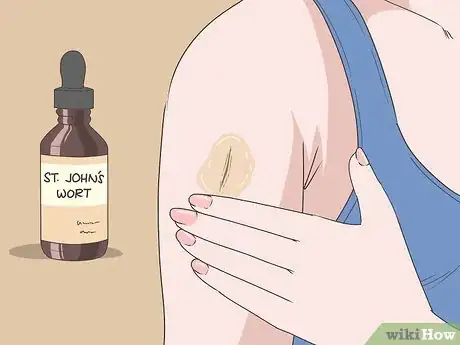
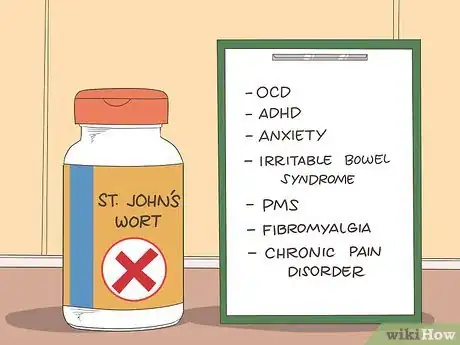
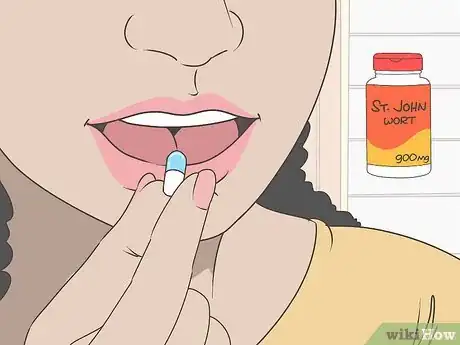

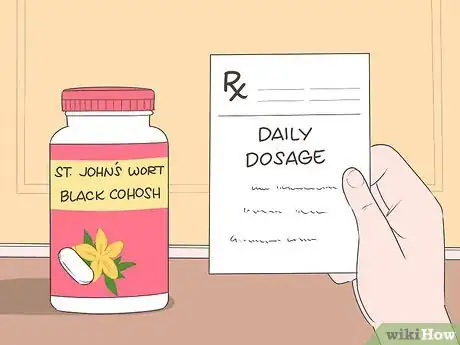
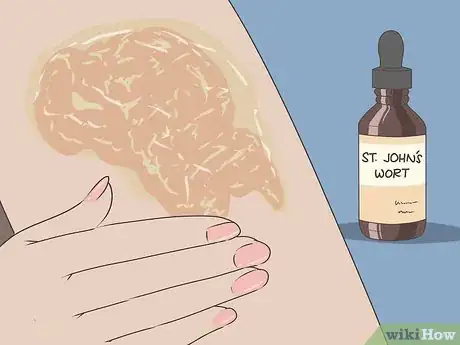


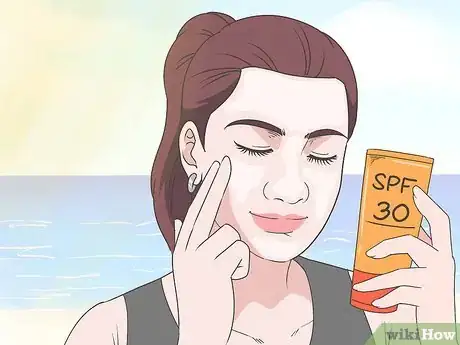
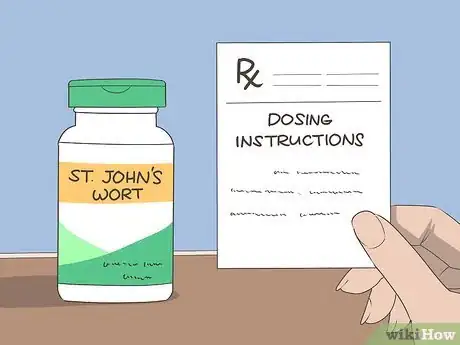
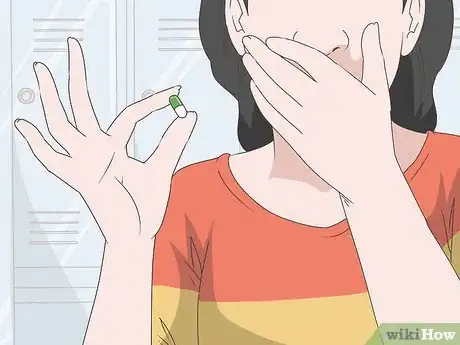

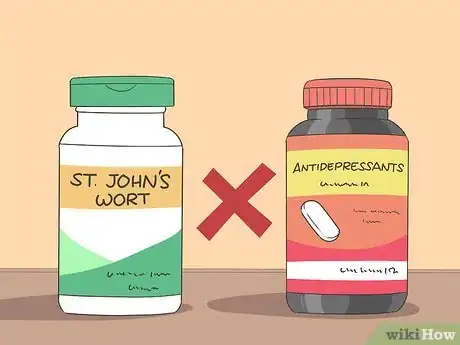
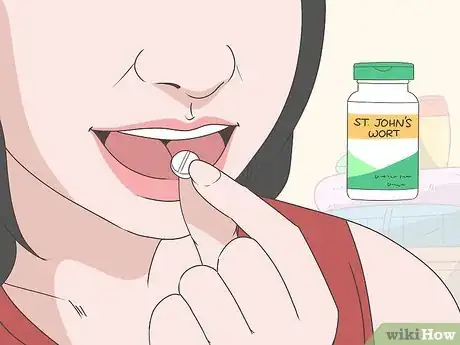






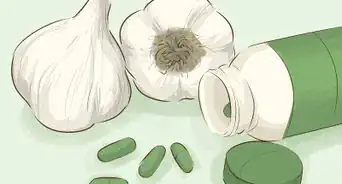




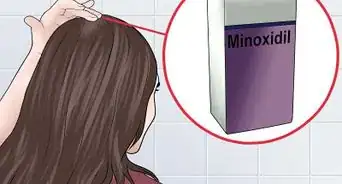
















































Medical Disclaimer
The content of this article is not intended to be a substitute for professional medical advice, examination, diagnosis, or treatment. You should always contact your doctor or other qualified healthcare professional before starting, changing, or stopping any kind of health treatment.
Read More...